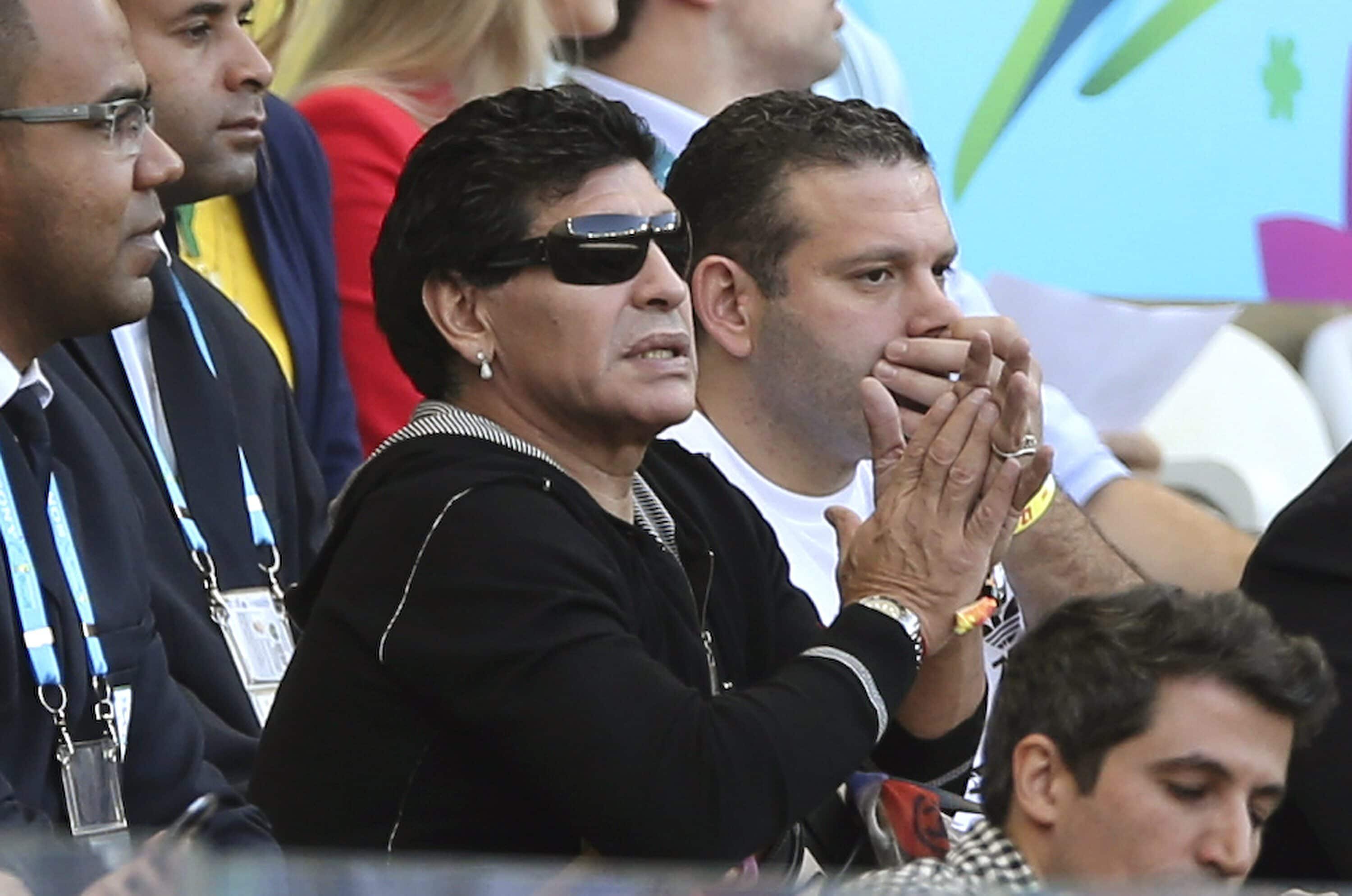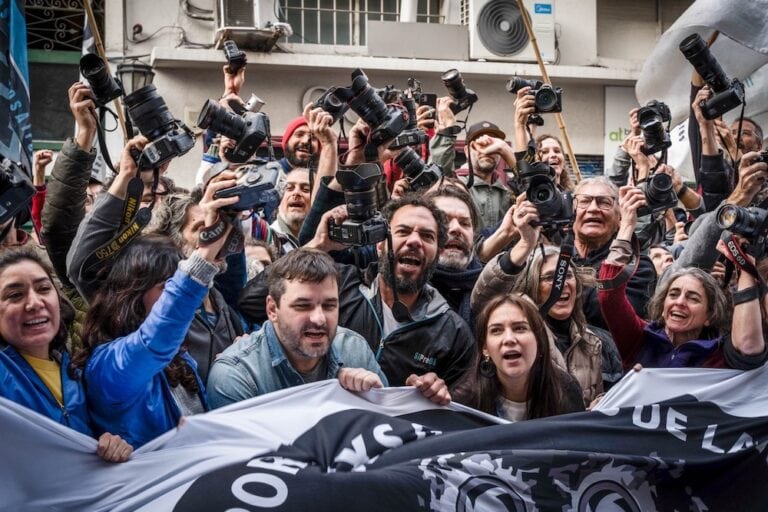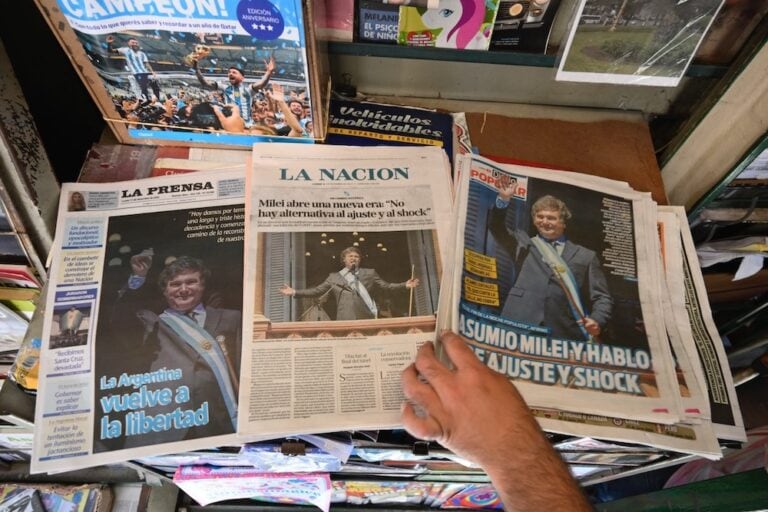A judge has prohibited the Buenos Aires magazine Noticias, from publishing statements by Diego Maradona’s ex-wife about his private life. The ban also applies to “all public news media".
The Inter American Press Association (IAPA) criticized today [3 July 2014] a court ruling prohibiting Argentine news media from publishing comments by a woman against her ex-husband, soccer star and sports commentator Diego Maradona, until after the soccer World Cup ends in Brazil.
Judge Mónica Liliana Preisz ordered a precautionary measure requested by the former soccer player’s lawyers prohibiting the Buenos Aires magazine Noticias, from publishing statements by Rocío Oliva about Maradona’s private life. The ban, dated June 17, is in effect for 20 days and also applies to “all public news media (televisions, radios, computer content, magazines, newspapers, etc.).”
Claudio Paolillo, chairman of the IAPA’s Committee on Freedom of the Press and Information, protested the court action, declaring that “in safeguarding the supposed right to privacy of two celebrities who have been airing private matters in public it has turned into a case of prior censorship restricting press freedom.”
Paolillo, editor of the Montevideo, Uruguay, weekly Búsqueda, said that prior censorship is a flagrant violation of freedom of expression and the public’s right to information, as established in inter-American treaties and international case law on human rights.
The court action sought to put a halt to statements and photos of domestic violence given by Oliva against Maradona. Noticias published the information in its issue dated June 21 but distributed some days earlier because of a national holiday. In the case of any new information concerning the case the magazine is required to wait until after the World Cup ends to publish it.
The prohibition of prior censorship is envisioned in Article 14 of Argentina’s Constitution and in international documents such as the Universal Declaration of Human Rights, the Pact of San José, Costa Rica, the Declaration of Chapultepec and the Inter-American Commission on Human Rights’ Declaration of Principles on Freedom of Expression.



